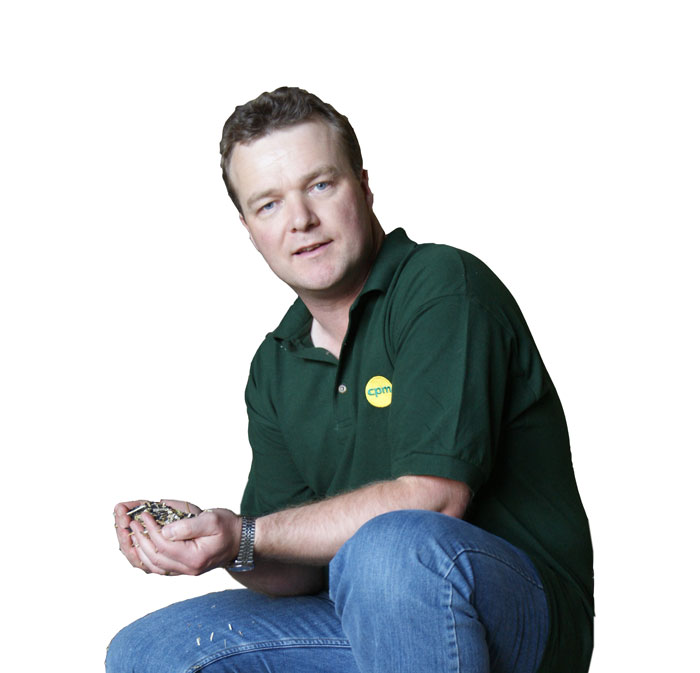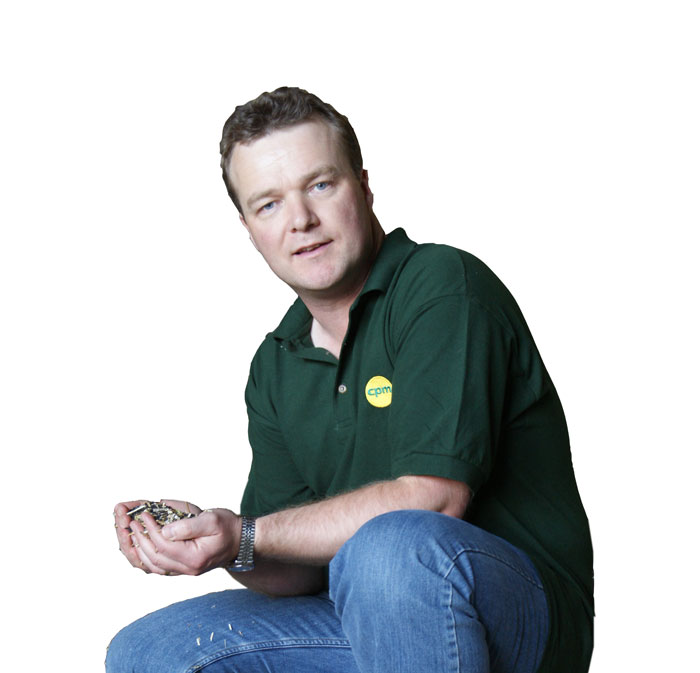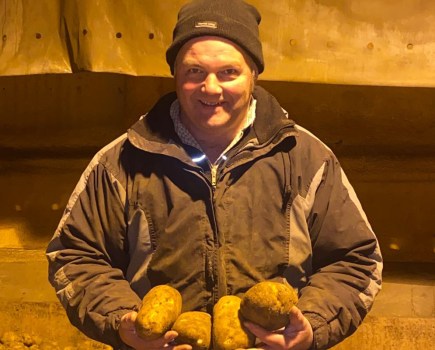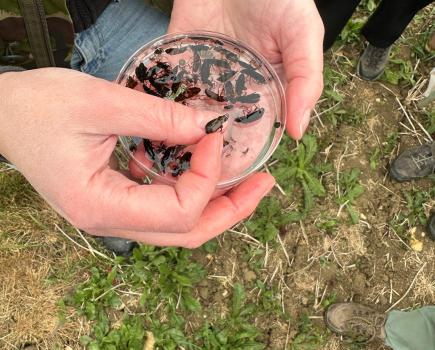 Going to Groundswell is a bit like going to church – you know they’re all good, wholesome ideas you’ll be hearing about, but frankly, some of them get in the way of life.
Going to Groundswell is a bit like going to church – you know they’re all good, wholesome ideas you’ll be hearing about, but frankly, some of them get in the way of life.
That sounds a bit flippant, and I can see environmentalists and ecologists rolling their eyes at the conventional farmer who’s stuck in their ways. “What could be more important than your responsibility to the land in your care?” they’d drone, and put me on a guilt trip about how I’m killing my soil and Lord knows how many microbes and invertebrates in the process. But it’s not meant to be flippant, and I’d argue it’s a lot more progressive than they’d care to admit.
If you don’t know Groundswell, it’s an event that takes place in Herts in late June and has been going for about three years. Organised by the Cherry family, its focus is Conservation Agriculture, and it has three tenets at its core:
- Minimum soil disturbance
- All-year round ground cover
- A diverse crop rotation
There’s a pretty solid programme of seminars, addresses and workshops, and these are quite different to the technical sessions you’d expect from Cereals, Croptec, or the plethora of local events organised by distributors or AHDB. What you get, generally, is a kind of evangelism – a story of how someone’s tuned into their soils and found themselves in the process, for example. Brace yourself to be told that fertiliser is the scourge of mankind, that organic growers are the only real farmers, and that Big Ag is the cancer that pervades the industry – one speaker even apologised for mentioning glyphosate as if it was a swearword.
So you’re not sure how much science there is in it, but what’s interesting is that Groundswell brings in a wide range of international speakers, as well as those from the UK. And there are one or two elements you would recognise – drill manufacturers have been quick to latch onto the event and give a remarkably good demonstration of the no-till options on offer.
In amongst the evangelical zeal, you get some gems – ideas that simply hadn’t occurred to you, but might just fly. Even the far-out ideas, although they sit on you a bit like a hair shirt, are quite instructive – they make you question your own beliefs. What’s more, looking around the dimly lit barns and seminar tents at Groundswell, I spy a few friends – CPM readers and farmers we’ve featured. I’m clearly not alone in my curiosity.
So have I come back from Groundswell reborn? Am I ready to consign all signs of ammonium nitrate to history, to tell Messrs Bayer, BASF, Syngenta etc I’ll no longer be needing their expensive potions? And will I bury the plough, rather like the Cherry family’s statuesque masterpiece you find at the entrance to the event?
No. Because life requires a little more realism. Yes, I have a responsibility to the land, but I also have a responsibility to the thousands of people it feeds – if I start experimenting and it goes wrong, people will starve, or at least someone else will have to take up the slack, and may do so at a greater cost to society. If I manage to fill my barn each year, I’m actually doing a pretty good job, not just for the bank balance, but for mankind, and farming’s critics should acknowledge this before they send me on that guilt trip.
That’s not to say I shouldn’t experiment at all, however, and to dismiss all of these ideas would be woefully short-sighted. As conventional farmers, we’re trained – indoctrinated even – to be guided by science. If science can’t determine the statistical difference in a new way of thinking, we should ignore it, we’re told. But we’re not scientists, and there have been plenty of instances where farmers have done something out of gut instinct and it’s worked. Sharing, adapting, developing these ideas can be a scientific approach in itself, I’d argue.
So, on the face of it, the proponents of Conservation Agriculture are wrong in my view – it just simply wouldn’t work on my farm. But I do see there’s scope for a hybrid system, rather as in plant-breeding – you take an interesting element from one area, combine it with something completely different and you can get a staggering result. That’s why it’s worth going to the Conservation Ag church of Groundswell – it won’t make you change your life, but if you keep an open mind, you might just develop something that’s life-changing.
Tom Allen-Stevens has a 170ha arable farm in Oxon, and the plough is the last thing its rock-hard soils will take just now. @tomallenstevens




